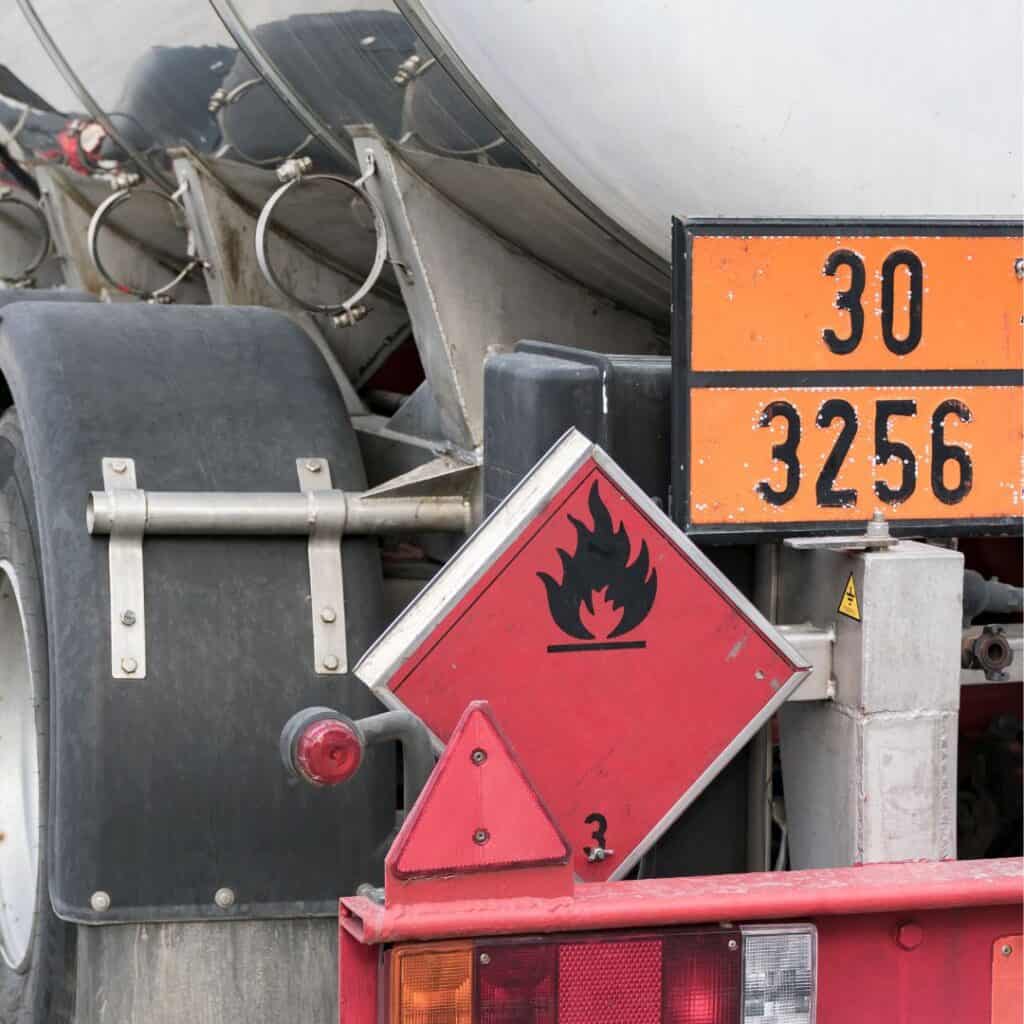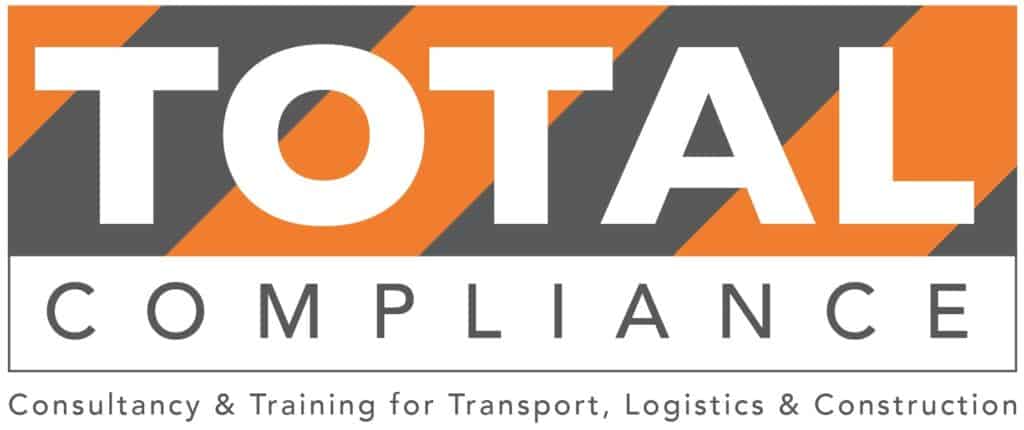

What is a Dangerous Goods Safety Adviser and What Are Their Responsibilities?
A Dangerous Goods Safety Advisor (DGSA) is an essential role for companies involved in the transportation of hazardous materials. The DGSA ensures that companies comply with regulations for the safe transportation of dangerous goods by providing advice and guidance to their employers. In this article, we will discuss what a DGSA is and their responsibilities.
What is a DGSA?
A Dangerous Goods Safety Advisor (DGSA) is an individual who is trained and certified to provide advice on the transportation of dangerous goods. They are required under European Union (EU) regulations for companies involved in the transportation of hazardous materials. The DGSA is responsible for ensuring that their employer (or, if they are a consultant, the company contracting them) complies with the relevant regulations, which includes advising on the classification, packaging, labelling, and documentation of dangerous goods.
DGSA responsibilities
The DGSA has several responsibilities, which include the following:
- Providing advice to the employer/company
The DGSA is responsible for providing advice to the company on the transportation of dangerous goods. This includes providing guidance on the classification of dangerous goods, determining the appropriate packaging and labelling, and ensuring that the documentation is complete and accurate. The DGSA must ensure that the company is fully informed of their responsibilities and that all necessary measures are in place to ensure the safe transportation of dangerous goods.
- Preparing the annual dangerous goods safety report
The DGSA is responsible for preparing the annual dangerous goods safety report, which provides a summary of the company's dangerous goods transportation activities over the previous year. The report should include information on the number and type of dangerous goods transported, any incidents that occurred, and any changes made to the company's procedures to improve safety.
- Overseeing employee training
The DGSA is responsible for ensuring that employees involved in the transportation of dangerous goods are properly trained. This includes ensuring that employees are aware of the risks associated with dangerous goods, that they know how to handle and transport dangerous goods safely, and that they are aware of emergency procedures. The DGSA must also ensure that training is updated regularly to reflect any changes to regulations or company procedures.
- Monitoring compliance
The DGSA is responsible for monitoring the company's compliance with dangerous goods regulations. This includes ensuring that all employees involved in the transportation of dangerous goods are aware of their responsibilities, that procedures are in place to ensure compliance, and that all necessary permits and licenses are obtained. The DGSA must also ensure that any incidents or accidents are reported to the competent authority in their country of operation.
- Keeping up-to-date with regulations
Dangerous goods regulations are constantly evolving, and it is the DGSA's responsibility to keep up-to-date with any changes that may affect their employer's operations. This includes staying informed of changes to regulations and guidance, attending training courses and seminars, and engaging in continuous learning and professional development.
The benefits of having a DGSA
Having a DGSA can provide several benefits for companies involved in the transportation of dangerous goods. These include the following:
- Compliance with regulations
By having a DGSA, companies can ensure that they comply with dangerous goods regulations. The DGSA is responsible for ensuring that all necessary measures are in place to ensure the safe transportation of dangerous goods and that the company is fully informed of their responsibilities.
- Improved safety
The DGSA is responsible for overseeing employee training and ensuring that procedures are in place to ensure compliance with dangerous goods regulations. This can help to improve safety and reduce the risk of incidents and accidents.
- Enhanced reputation
Having a DGSA can help to enhance a company's reputation by demonstrating their commitment to safety and compliance. This can help to attract new customers and secure contracts, leading to increased revenue and growth.
If you are looking to hire a DGSA at your business, get in touch with Total Compliance today on: 0345 9001312, or complete our enquiry form and one of the team will get back to you.
DGSA related articles:
The Purpose of a DGSA
What should I consider when employing a DGSA?
What are the changes to DGSA regulations and how will they affect you?
What does a DGSA do? / What are the duties of a DGSA?
A day in the life of a DGSA advisor
